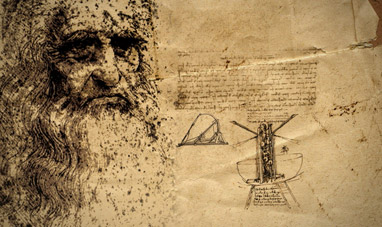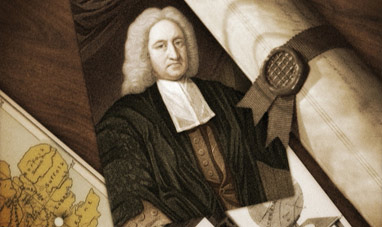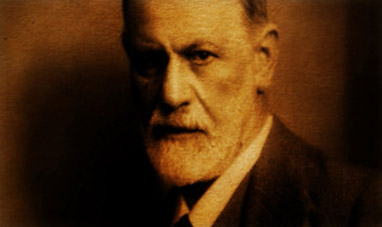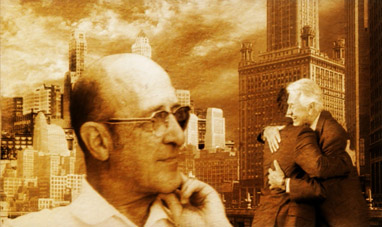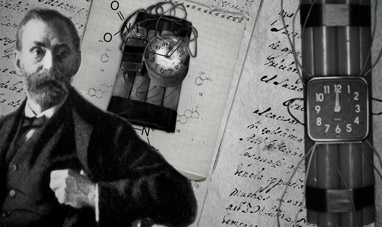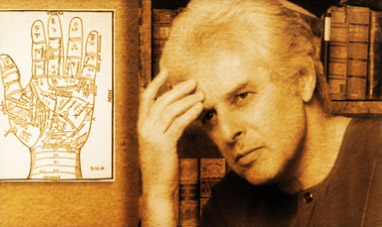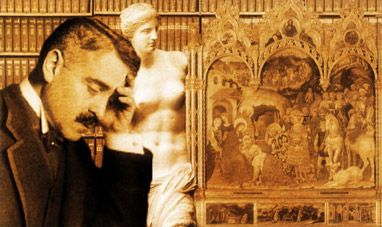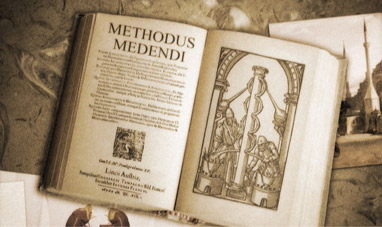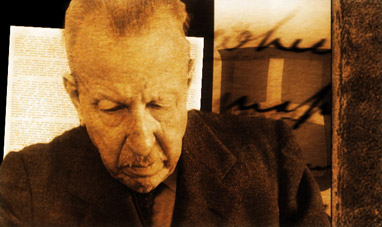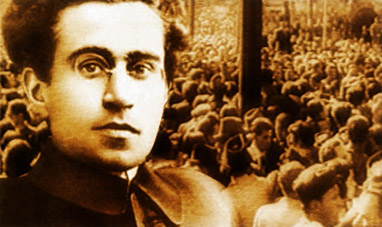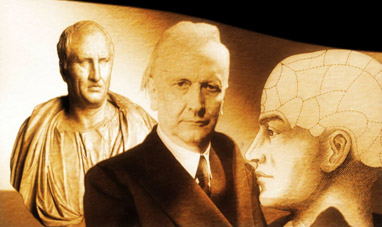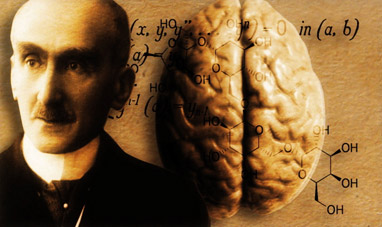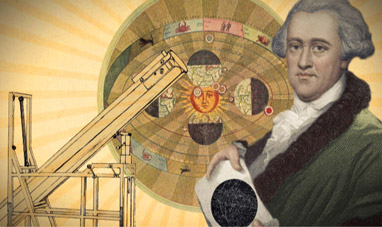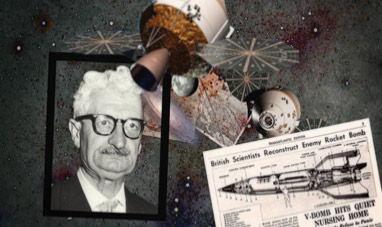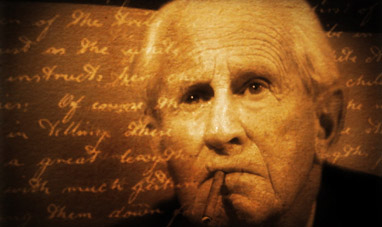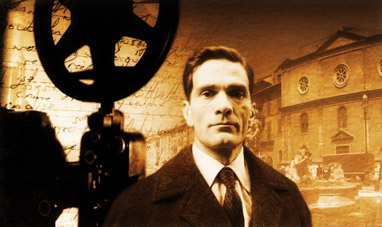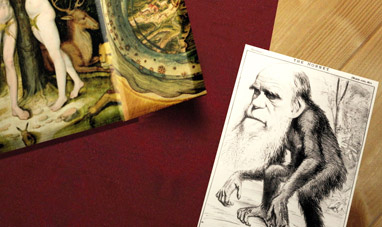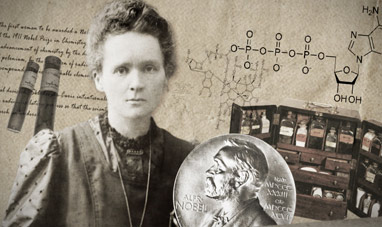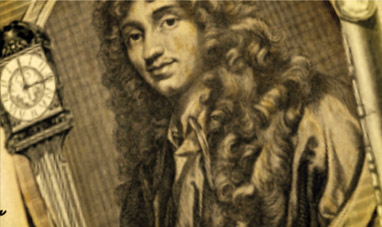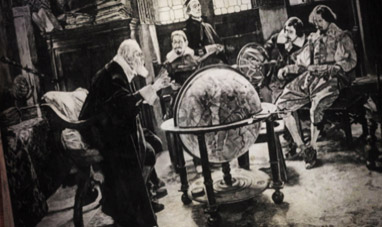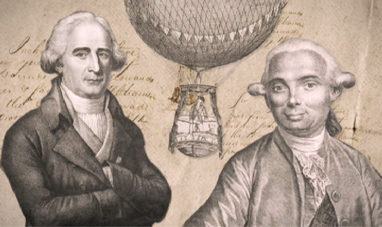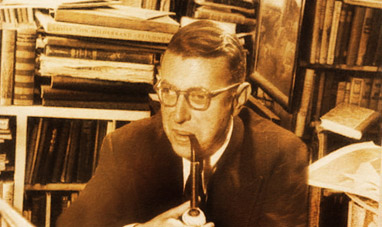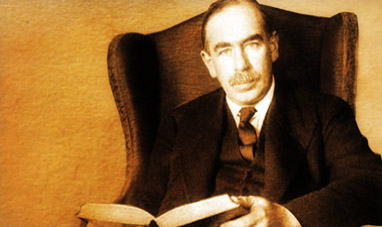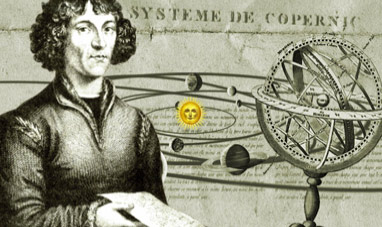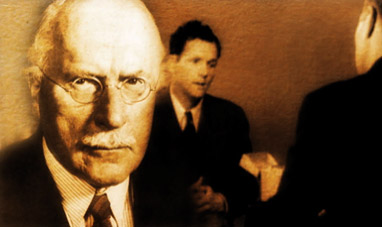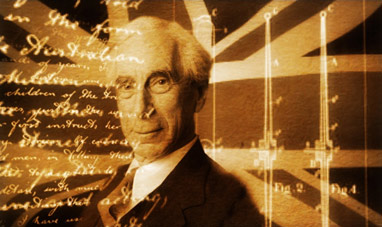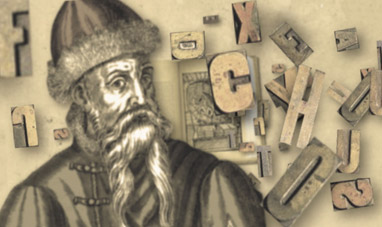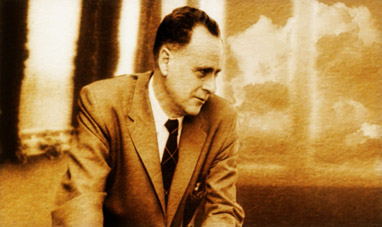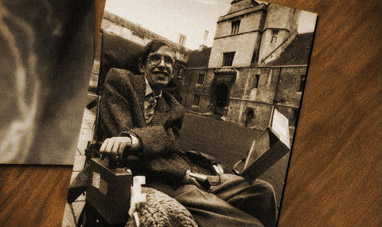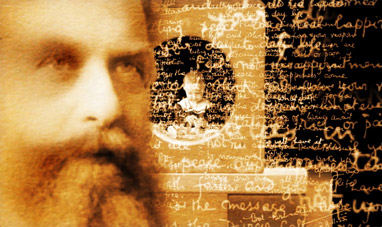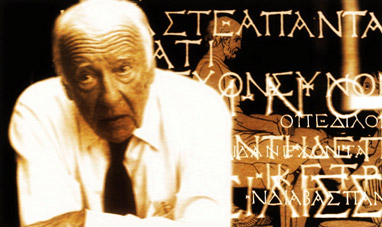Ludwig Wittgenstein was a 20thcentury Austrian philosopher who sought to understand the relationship between language and reality. Wittgenstein was born on April 26, 1889 in Vienna to a prominent industrial family. He moved to England when he was 19 and would study philosophy at Cambridge two years later. When World War One broke out in August 1914, he dropped out of school and left for the front. Captured by Italian troops, he was jailed and held at Cassino. While a POW, Wittgenstein completed the draft of his Tractatus Logico-Philosophicus, which remains a seminal work in the history of contemporary philosophy.
In Tractatus, published in 1921, Wittgenstein asserted that reality was fact-based. He claimed that the human mind naturally interprets facts through the innate laws of logic.
Language is the expression of logic. Language essentially reproduces objective reality. In the same way interaction between physical objects yields results, or facts, so combinations of words form sentences and thoughts. Using language, propositions can have sense, or can be either senseless or nonsense. Propositions with sense are verifiable, which is to say they can be proved or disproved through comparison with facts. Senseless propositions are not similarly verifiable because they are either automatically true, a tautology or a contradiction. They cannot be confirmed or rejected by available facts. Nonsensical propositions are devoid of meaning altogether. For Wittgenstein, the second category contained all ethical discourse, understood as pronouncements regarding the nature of good metaphysics, or as that which sought to investigate apparent reality. Wittgenstein posited that both ethics and metaphysics must be logic-based. Based on this analysis, the aim of philosophy was to distinguish between what has sense and what doesn’t. Wittgenstein transformed philosophy into a science, and as such made it accountable only for that which can be demonstrated. In 1929, Wittgenstein returned to Cambridge, finally obtaining his degree as well as a teaching post. His lectures were published in two volumes known as The Blue and Brown Books. In the 1930s, Wittgenstein reviewed the conclusions he’d reached in Tractatus.
He suggested language wasn’t so much based on eternal, immutable principles as on a series of conventions, like the rules governing a game. Just as it was pointless to ask if the rules of a game were true or false, it was similarly pointless to seek absolute truth in language. Philosophy shouldn’t focus so much on the rules of the game as on the game itself. Therefore the use of language mattered more than actual language. This concept was called the theory of language-games. Wittgenstein articulated it in private notes published posthumously under the title Philosophical Investigations. Wittgenstein died in Cambridge on April 29, 1951. His final words were, “Tell them I’ve had a wonderful life.” He is considered a major influence on logical positivism, a school of thought that applies positive science to philosophy.
In Tractatus, published in 1921, Wittgenstein asserted that reality was fact-based. He claimed that the human mind naturally interprets facts through the innate laws of logic.
Language is the expression of logic. Language essentially reproduces objective reality. In the same way interaction between physical objects yields results, or facts, so combinations of words form sentences and thoughts. Using language, propositions can have sense, or can be either senseless or nonsense. Propositions with sense are verifiable, which is to say they can be proved or disproved through comparison with facts. Senseless propositions are not similarly verifiable because they are either automatically true, a tautology or a contradiction. They cannot be confirmed or rejected by available facts. Nonsensical propositions are devoid of meaning altogether. For Wittgenstein, the second category contained all ethical discourse, understood as pronouncements regarding the nature of good metaphysics, or as that which sought to investigate apparent reality. Wittgenstein posited that both ethics and metaphysics must be logic-based. Based on this analysis, the aim of philosophy was to distinguish between what has sense and what doesn’t. Wittgenstein transformed philosophy into a science, and as such made it accountable only for that which can be demonstrated. In 1929, Wittgenstein returned to Cambridge, finally obtaining his degree as well as a teaching post. His lectures were published in two volumes known as The Blue and Brown Books. In the 1930s, Wittgenstein reviewed the conclusions he’d reached in Tractatus.
He suggested language wasn’t so much based on eternal, immutable principles as on a series of conventions, like the rules governing a game. Just as it was pointless to ask if the rules of a game were true or false, it was similarly pointless to seek absolute truth in language. Philosophy shouldn’t focus so much on the rules of the game as on the game itself. Therefore the use of language mattered more than actual language. This concept was called the theory of language-games. Wittgenstein articulated it in private notes published posthumously under the title Philosophical Investigations. Wittgenstein died in Cambridge on April 29, 1951. His final words were, “Tell them I’ve had a wonderful life.” He is considered a major influence on logical positivism, a school of thought that applies positive science to philosophy.

